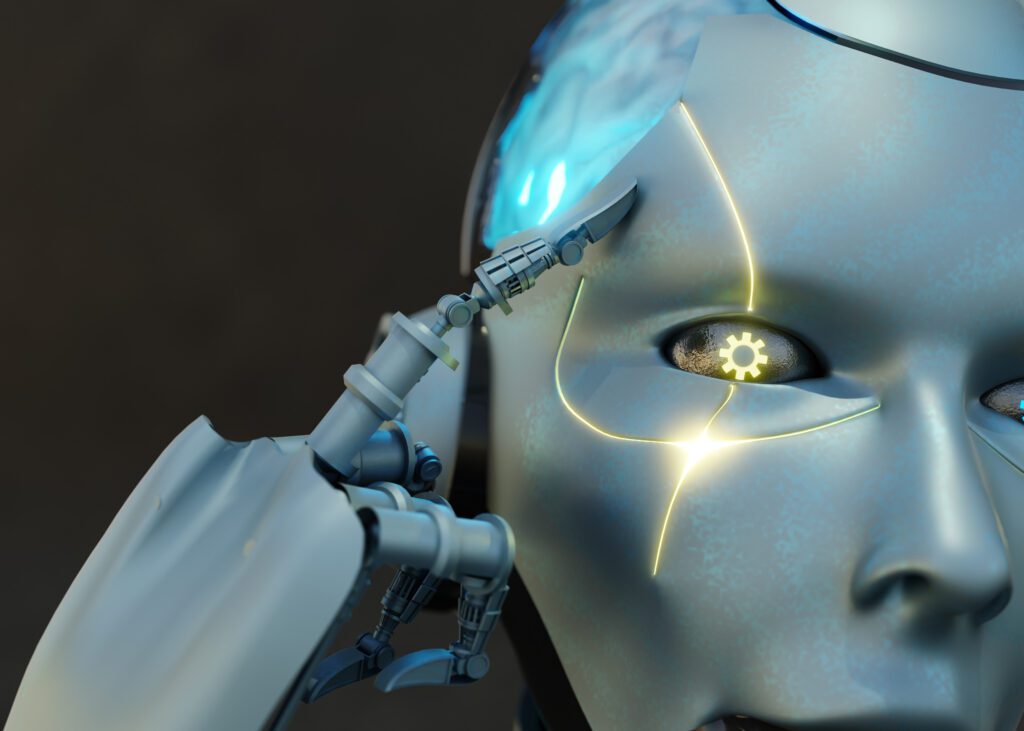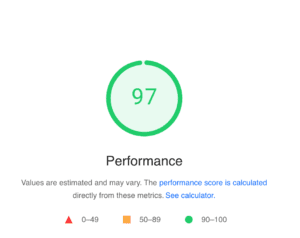Artificial Intelligence (AI) is a field of computer science and engineering focused on the development of intelligent agents and systems, capable of performing tasks that normally require human intelligence. AI is an interdisciplinary field that draws on techniques from computer science, mathematics, psychology, and other fields to create systems that can perceive, reason, learn, and act autonomously. AI is a broad field with many different subfields and applications, including natural language processing, computer vision, robotics, and machine learning. Some of the main goals of AI research include creating systems that can perform tasks that normally require human intelligence, such as understanding natural language, recognizing images, and making decisions, and creating systems that can learn and improve over time.
AI Timeline
1950s: The term “artificial intelligence” is coined by John McCarthy and the Dartmouth Conference, considered as the birth of AI as a field of study, is held. Early AI research focuses on developing programs that can mimic human intelligence, such as playing chess or solving mathematical problems.
1960s: AI researchers continue to work on programs that can mimic human intelligence, but progress is slow due to the limited technology of the time.
1970s-1980s: AI research shifts towards developing expert systems, which are computer programs that can perform tasks that normally require human expertise, such as diagnosing medical conditions or interpreting satellite images.
1990s: AI research is revitalized by new technologies, such as faster computers and large databases. This leads to the development of machine learning, a type of AI that allows systems to improve their performance with experience.
Early 2000s: The emergence of big data and the availability of powerful processors and GPUs leads to the development of deep learning, a subfield of machine learning that uses deep neural networks to perform complex tasks like image recognition, speech recognition, and natural language processing.
2010s: Advancements in deep learning and machine learning leads to significant breakthroughs in natural language processing, computer vision and speech recognition, and AI-powered personal assistants and chatbots become common.
2020s: AI is being used in a wide range of industries and applications, such as self-driving cars, virtual personal assistants, medical diagnosis and financial fraud detection. Advancements in the field continue to accelerate, and the potential for AI to transform society is significant.




